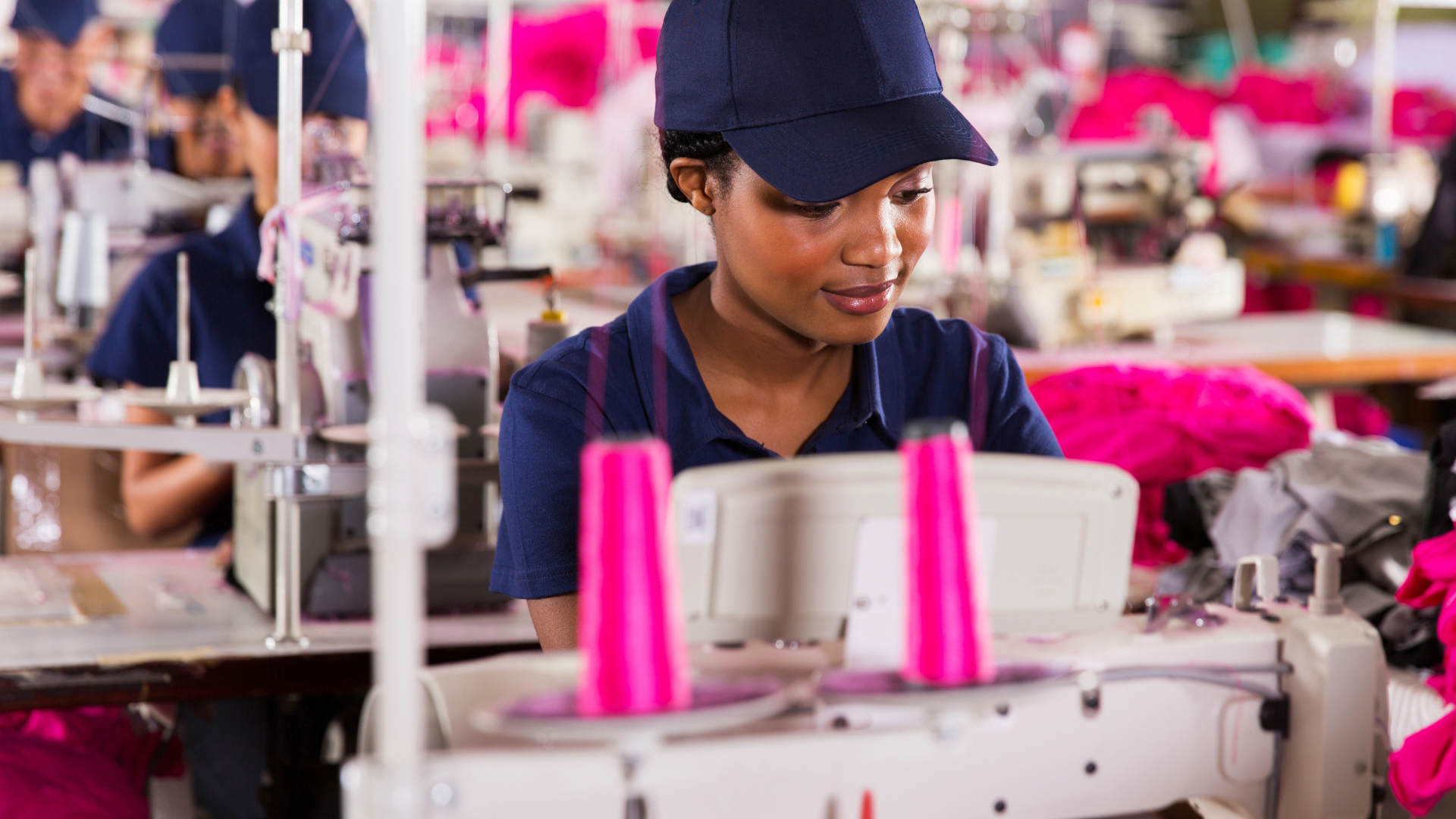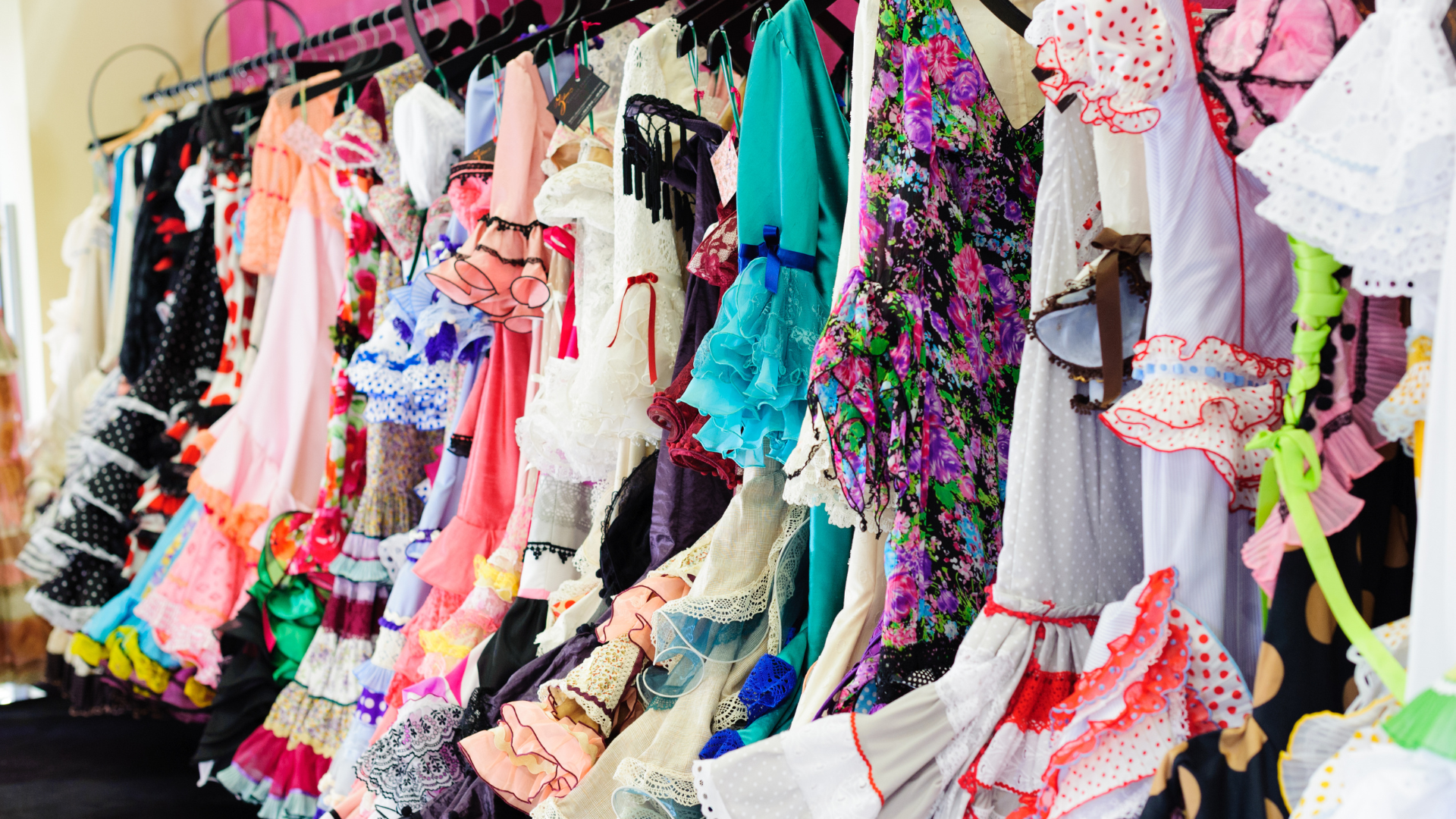
Introduction
In today’s fashion landscape, mass-produced clothing is ubiquitous, flooding stores with inexpensive and trend-driven garments. The allure of fast fashion is clear—affordable prices and rapid turnover of styles. However, beneath the surface lies a troubling reality. The Shocking Truth About Mass-Produced Clothes: How Custom Design Changes Everything uncovers the hidden costs associated with mass production and explores how custom design offers a transformative solution.
Mass-produced clothing accounts for approximately 60% of the global apparel market, with brands pushing out over 100 billion garments annually. The industry’s rapid growth has been fueled by technological advances in manufacturing and supply chain logistics. Yet, this efficiency comes at a significant price—environmental degradation, unethical labor practices, and personal dissatisfaction. As the fashion industry faces increasing scrutiny, understanding the true cost of mass production and the potential of custom design becomes crucial. The Shocking Truth About Mass-Produced Clothes: How Custom Design Changes Everything provides a comprehensive look into these issues and reveals how a shift towards custom design could revolutionize the way we approach fashion.
The Rise of Mass-Produced Clothing
The concept of mass production in fashion began in the early 20th century, transforming the industry from artisanal craftsmanship to assembly-line efficiency. The invention of synthetic fabrics and advancements in textile technology allowed for the rapid creation of affordable garments. This shift was accelerated by brands such as H&M, Zara, and Forever 21, which adopted fast fashion strategies to cater to consumers’ insatiable appetite for the latest trends.
The rise of mass production brought numerous benefits, including democratization of fashion and increased accessibility. However, it also led to significant drawbacks. For instance, the fast fashion model encourages a constant cycle of new collections, which has been linked to increased textile waste and environmental damage. Brands known for mass production often prioritize profit over sustainability, resulting in practices that contribute to the exploitation of workers and environmental degradation. The Shocking Truth About Mass-Produced Clothes: How Custom Design Changes Everything highlights the need to address these issues and consider alternatives that offer more ethical and sustainable solutions.
Environmental Impact of Mass Production
The environmental impact of mass production is profound and troubling. The fashion industry is one of the largest polluters globally, with significant contributions to water pollution, deforestation, and greenhouse gas emissions. Here are some specific examples of environmental damage caused by mass production:
- Water Pollution: The dyeing process in textile manufacturing is notorious for its pollution. According to the World Bank, the fashion industry is responsible for 20% of global wastewater. Toxic chemicals used in dyeing are often released into rivers and waterways, affecting aquatic life and contaminating drinking water sources.
- Resource Depletion: The production of synthetic fabrics like polyester relies on non-renewable resources. The extraction of petroleum for these materials depletes natural resources and contributes to environmental degradation. Additionally, the fashion industry is a major consumer of water, with estimates suggesting that it takes about 2,700 liters of water to produce a single cotton shirt.
- Waste Generation: Fast fashion’s emphasis on constant turnover leads to massive amounts of textile waste. According to the Ellen MacArthur Foundation, a staggering 92 million tons of textile waste are generated annually, much of which ends up in landfills. These garments often contain non-biodegradable materials, exacerbating the waste problem.
The Shocking Truth About Mass-Produced Clothes: How Custom Design Changes Everything reveals that custom design offers a more sustainable approach. Custom clothing reduces overproduction and waste, as garments are made to order rather than in bulk. Additionally, many custom designers use high-quality, eco-friendly materials and employ practices that minimize environmental impact. Innovations in sustainable fashion, such as upcycling and the use of organic fabrics, further demonstrate how custom design can lead to a more environmentally responsible industry.

Ethical Concerns of Mass Production
The ethical implications of mass production are significant and troubling. The fast fashion model often relies on labor practices that exploit workers in developing countries. Key ethical concerns include:
- Labor Exploitation: Workers in garment factories, particularly in countries like Bangladesh and Vietnam, often face poor working conditions. Reports of unsafe environments, long hours, and inadequate wages are common. For example, the 2013 Rana Plaza collapse in Bangladesh, which killed over 1,100 workers, highlighted the dangerous conditions faced by garment workers and sparked global outrage.
- Lack of Transparency: The complex global supply chains involved in mass production make it challenging to trace the origins of clothing and ensure ethical practices. Many consumers are unaware of the conditions under which their clothing is made, leading to a disconnect between purchasing decisions and the impact on workers’ lives.
- Fast Fashion Cycle: The rapid turnover of styles in fast fashion promotes a culture of disposability. This cycle not only encourages excessive consumption but also reinforces unethical labor practices as brands prioritize speed and cost over ethical considerations.
The Shocking Truth About Mass-Produced Clothes: How Custom Design Changes Everything emphasizes that custom design offers a more ethical alternative. Custom clothing is often produced in smaller quantities, allowing for better oversight of labor practices and ensuring fair wages and safe working conditions. The direct relationship between designers and their clients also promotes transparency and accountability.
Personal Impact: The Cost of Uniformity
Mass-produced clothing affects individuals on a personal level, often leading to dissatisfaction and a lack of self-expression. Here’s how:
- Fit and Comfort: Mass-produced garments are designed to fit a broad range of body types, often resulting in poor fit and discomfort. Standardized sizing can lead to clothing that doesn’t flatter individual body shapes, impacting both comfort and confidence.
- Uniqueness: The uniformity of mass-produced clothing can lead to a lack of individuality. Seeing others in the same outfits diminishes the uniqueness of personal style and self-expression. Many individuals crave clothing that reflects their personality and stands out from the crowd.
- Quality and Longevity: The focus on cost-cutting in mass production often results in lower-quality materials and construction. This can lead to garments that wear out quickly, requiring more frequent replacements and contributing to a cycle of consumption.
The Shocking Truth About Mass-Produced Clothes: How Custom Design Changes Everything illustrates how custom design addresses these personal concerns. Custom clothing is tailored to fit individual body shapes, ensuring comfort and enhancing confidence. Additionally, custom garments allow for greater self-expression, as individuals can choose fabrics, colors, and designs that reflect their personal style. The emphasis on quality construction also means that custom pieces are built to last, reducing the need for frequent replacements.
How Custom Design Addresses These Issues
Custom design offers a transformative solution to the drawbacks of mass production. Here’s how:
- Sustainability: Custom clothing reduces overproduction and waste by creating garments made to order. This approach minimizes excess inventory and the associated environmental impact. Many custom designers prioritize the use of eco-friendly materials and sustainable practices, contributing to a more environmentally responsible fashion industry.
- Ethical Production: Custom design promotes fair labor practices by often working with local artisans or smaller production facilities. This allows for better oversight of working conditions and ensures fair wages. The direct relationship between designers and clients also fosters transparency and accountability.
- Personalization and Fit: Custom clothing is tailored to fit individual body shapes, ensuring comfort and enhancing confidence. The ability to choose fabrics, colors, and designs allows for greater self-expression and uniqueness. Custom garments are also crafted with attention to detail and quality, ensuring durability and longevity.
The Shocking Truth About Mass-Produced Clothes: How Custom Design Changes Everything highlights several success stories of custom clothing businesses. For instance, companies like Indochino and Anomalie offer bespoke clothing options that cater to individual preferences and body shapes. Testimonials from customers who have switched to custom design often highlight improved fit, comfort, and satisfaction with their wardrobe.
The Future of Fashion: Embracing Custom Design
As the fashion industry evolves, custom design is expected to play an increasingly prominent role. Trends and predictions for the future of custom design include:
- Technological Advancements: Innovations such as 3D body scanning and virtual fitting rooms are making it easier for consumers to access custom clothing. These technologies allow for precise measurements and better visualization of how garments will look and fit.
- Growing Demand for Personalization: Consumers are increasingly seeking unique and personalized fashion experiences. The desire for individuality and self-expression is driving the demand for custom clothing, leading to a rise in bespoke fashion services.
- Sustainability and Ethical Practices: The fashion industry is facing growing pressure to adopt sustainable and ethical practices. Custom design aligns with these values by promoting responsible production and reducing waste.
The Shocking Truth About Mass-Produced Clothes: How Custom Design Changes Everything explores these emerging trends and highlights how custom design is poised to reshape the future of fashion.
FAQ’S
What are the environmental impacts of mass-produced clothing?
Mass-produced clothing significantly impacts the environment, contributing to water pollution, deforestation, and greenhouse gas emissions. The production processes often involve toxic chemicals, non-renewable resources, and generate vast amounts of textile waste, much of which ends up in landfills.
Why is the fit of mass-produced clothing often poor?
Mass-produced clothing is designed to fit a wide range of body types, resulting in standardized sizing that doesn’t always accommodate individual body shapes. This can lead to poor fit, discomfort, and dissatisfaction with the garments.
How does custom design benefit the environment?
Custom design reduces environmental impact by minimizing overproduction and waste. Since garments are made to order, there’s no excess inventory. Many custom designers also use sustainable materials and eco-friendly practices, further contributing to environmental responsibility.
How does custom design allow for greater self-expression?
Custom design offers individuals the ability to choose fabrics, colors, and styles that reflect their personal taste and personality. This level of personalization allows for a unique wardrobe that stands out from mass-produced fashion.
. How can I start incorporating custom design into my wardrobe?
To start incorporating custom design into your wardrobe, consider working with a local tailor or exploring online custom clothing services. Start with key pieces that you wear frequently, such as suits, dresses, or special occasion outfits, and gradually build a personalized wardrobe.
Conclusion
The Shocking Truth About Mass-Produced Clothes: How Custom Design Changes Everything reveals the hidden costs of mass production and underscores the benefits of custom design. From environmental and ethical concerns to personal satisfaction, custom clothing offers a compelling alternative to the drawbacks of mass-produced garments.
By embracing custom design, consumers can support a more sustainable and ethical fashion industry while enjoying the benefits of a tailored, unique wardrobe. As the fashion landscape continues to evolve, The Shocking Truth About Mass-Produced Clothes: How Custom Design Changes Everything serves as a call to action for individuals to consider custom clothing and make a positive impact on the world of fashion.

[…] is designed and crafted to fit an individual’s unique body shape and style preferences. Unlike mass-produced garments, which are created in standard sizes to fit a broad range of body types, tailored clothes are […]
Touche. Soun arguments. Keep up the amazing work. https://bandur-art.Blogspot.com/2024/08/the-ultimate-guide-to-no-mans-sky-mods.html
Touche. Sound arguments. Keep up the amazing work. https://bandur-art.Blogspot.com/2024/08/the-ultimate-guide-to-no-mans-sky-mods.html
Your article is very inspiring with high-quality content. We are sure that you will find additional useful information on our website. Come on, visit us at Jasa Konveksi Bandung and we can collaborate with each other.
Warm Regard.
Для работы с форумами важно скачать базу форумов xrumer, содержащую релевантные ссылки.
[…] Reduces environmental impact […]